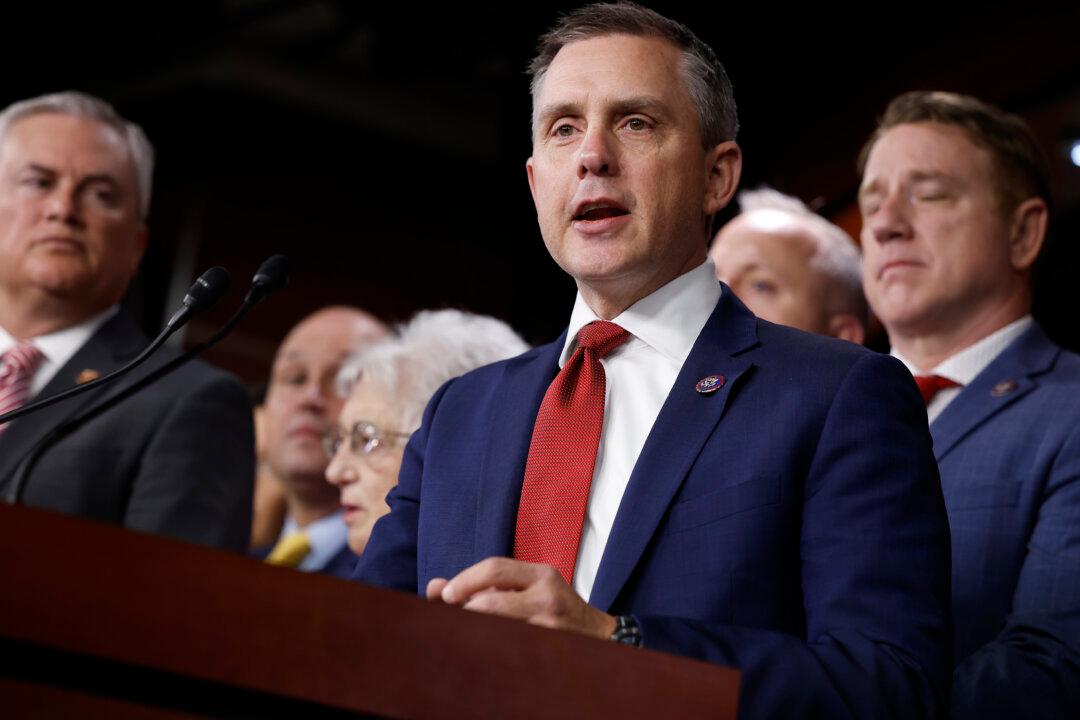Rep. Kelly Armstrong (R-N.D.) won North Dakota’s GOP gubernatorial primary, setting the stage for a strong performance in the heavily Republican state’s November general election.
He defeated Lt. Gov. Tammy Miller in the June 11 contest.

Rep. Kelly Armstrong (R-N.D.) won North Dakota’s GOP gubernatorial primary, setting the stage for a strong performance in the heavily Republican state’s November general election.
He defeated Lt. Gov. Tammy Miller in the June 11 contest.